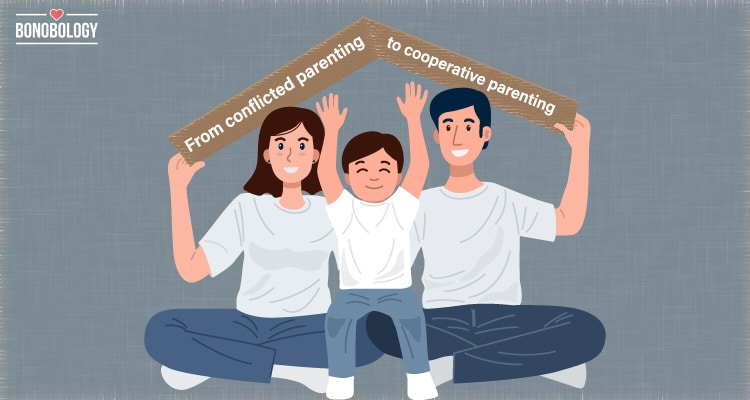Introduction
Effective communication between parents and teachers is essential for supporting student success and fostering a positive learning environment. Establishing clear channels of communication and maintaining open, honest dialogue can help build trust, promote collaboration, and address any concerns or issues that may arise.
Setting the Stage for Communication
The first step in effective parent-teacher communication is setting the stage for ongoing dialogue. Teachers should establish clear expectations for communication with parents, including preferred methods of contact, response times, and availability for meetings or discussions. Providing multiple avenues for communication, such as email, phone calls, or virtual platforms, ensures accessibility for all parents.
Building Rapport and Trust
Building rapport and trust is key to fostering effective communication between parents and teachers. Teachers should make an effort to establish positive relationships with parents from the beginning of the school year, demonstrating empathy, respect, and a genuine interest in their child’s well-being. Regular communication, including updates on student progress and positive feedback, helps strengthen these relationships over time.
Sharing Information Regularly
Regular communication is essential for keeping parents informed about their child’s academic progress, behavior, and overall well-being. Teachers should provide frequent updates, such as progress reports, assessment results, and classroom newsletters, to keep parents in the loop. Sharing both positive achievements and areas for improvement ensures transparency and encourages parental involvement in their child’s education.
Listening and Responding Actively
Active listening is a crucial skill for effective communication. Teachers should listen attentively to parents’ concerns, questions, and feedback, demonstrating empathy and understanding. Responding promptly and thoughtfully to parent inquiries shows that their input is valued and encourages continued engagement. When addressing concerns, teachers should offer solutions or strategies for support, collaborating with parents to find the best possible outcome for their child.
Maintaining Professionalism and Confidentiality
Maintaining professionalism and confidentiality is paramount in parent-teacher communication. Teachers should handle sensitive information, such as student grades or behavioral issues, with discretion and confidentiality. Respecting privacy and boundaries instills trust and confidence in parents, encouraging open communication and collaboration.
Addressing Concerns and Issues
Addressing concerns and issues promptly and effectively is essential for maintaining positive parent-teacher relationships. When conflicts or disagreements arise, teachers should approach them with empathy and a solutions-oriented mindset. Engaging in open, honest dialogue and seeking common ground helps resolve conflicts and build trust between all parties involved.
Providing Resources and Support
Teachers play a vital role in providing resources and support to parents to help them support their child’s learning at home. This may include sharing educational materials, offering suggestions for activities or strategies to reinforce learning, or connecting parents with community resources or support services. Empowering parents to be active partners in their child’s education strengthens the home-school connection and promotes student success.
Celebrating Achievements and Milestones
Celebrating student achievements and milestones is an important aspect of parent-teacher communication. Teachers should recognize and praise students’ progress and accomplishments, both academically and personally. Sharing positive news and celebrating successes fosters a sense of pride and motivation in students and reinforces the importance of collaboration between home and school.
Seeking Feedback and Reflection
Finally, seeking feedback and reflection from parents is valuable for improving communication and strengthening the home-school partnership. Teachers should periodically solicit input from parents on their experiences with communication methods and interactions with the school. Reflecting on feedback and making adjustments as needed demonstrates a commitment to continuous improvement and ensures that parent-teacher communication remains effective and responsive to the needs of all stakeholders. Read more about tips for teachers communicating with parents





